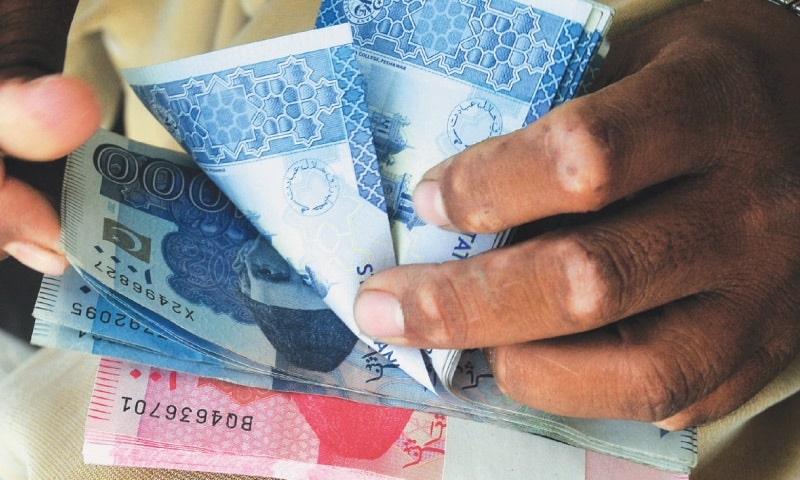Small Businesses: The Backbone of Pakistan’s Economy
Small businesses are the lifeblood of Pakistan’s economy, playing a vital role in driving growth, creating jobs, and fostering innovation. In a country where challenges such as inflation, unemployment, and uneven economic development persist, small and medium-sized enterprises (SMEs) are a powerful engine for progress. With the right policies and support, small businesses can unlock untapped potential and transform the economic landscape of Pakistan.
The Significance of Small Businesses in Pakistan
In Pakistan, small businesses account for a significant portion of economic activity, contributing over 40% to the country’s GDP and employing more than 80% of the non-agricultural workforce. From family-run retail shops to tech startups, these enterprises provide livelihoods to millions and form the foundation of local communities.
Small businesses bring flexibility and innovation to the marketplace. Their ability to adapt quickly to market demands and introduce creative solutions makes them indispensable in an ever-evolving economic environment.
Challenges Facing Small Businesses
Despite their importance, small businesses in Pakistan face numerous challenges:
- Access to Financing: Many small businesses struggle to secure loans due to limited collateral or lack of formal documentation.
- Regulatory Hurdles: Complex regulations and bureaucratic red tape often hinder small business growth.
- Digital Divide: While digitalization offers immense potential, many small businesses lack the skills and resources to adopt technology.
- Economic Volatility: Inflation and fluctuating exchange rates increase costs and reduce profitability for small enterprises.
Addressing these issues is critical to unleashing the full potential of Pakistan’s small businesses.
Small Businesses as Job Creators
One of the most significant contributions of small businesses is their ability to create jobs. In a country with a growing youth population, SMEs offer opportunities for employment and skill development. By supporting small businesses, Pakistan can address its unemployment challenges and empower its workforce.
For example, small-scale manufacturing units, service providers, and retail businesses are major sources of employment in urban and rural areas. Their localized operations ensure economic activity in regions where large corporations often hesitate to invest.
Driving Economic Growth Through Innovation
Small businesses are a hotbed of innovation. Entrepreneurs are constantly experimenting with new ideas, products, and services tailored to the needs of their communities. In Pakistan, this is particularly evident in sectors such as technology, agriculture, and e-commerce.
For instance, the rise of online platforms has enabled small businesses to reach wider audiences, boosting sales and improving customer engagement. Policies that promote digital literacy and provide resources for digital transformation can help small businesses thrive in the modern economy.

Policy Support for Small Businesses
The government plays a pivotal role in creating a conducive environment for small businesses. Key policy measures that can empower SMEs in Pakistan include:
- Access to Finance: Expanding microfinance programs and easing loan requirements for small businesses can provide much-needed capital.
- Simplified Regulations: Streamlining business registration and tax processes reduces barriers to entry and allows small businesses to focus on growth.
- Skill Development: Providing training programs in entrepreneurship, technology, and business management equips small business owners with the tools they need to succeed.
- Infrastructure Development: Ensuring reliable access to utilities, transportation, and digital infrastructure enables small businesses to operate efficiently.
Impact of Small Businesses on Economic Stability
Small businesses contribute to economic stability by diversifying the economy. Unlike large corporations, which are often concentrated in specific industries, small businesses are spread across various sectors. This diversification reduces the economy’s vulnerability to sector-specific shocks.
Moreover, small businesses promote regional development by driving economic activity in underserved areas. From local shops in small towns to startups in urban hubs, these enterprises create balanced economic growth.
Fostering a Culture of Entrepreneurship
Encouraging entrepreneurship is essential for expanding the small business sector in Pakistan. Educational institutions, corporate mentorship programs, and government initiatives can nurture entrepreneurial talent and inspire young people to start their ventures.
Pakistan’s youth, in particular, hold immense potential to drive the small business sector forward. By fostering a culture that values innovation, risk-taking, and perseverance, the country can build a generation of entrepreneurs who will shape its economic future.
READ MORE: www.omeraftab.com/blogs